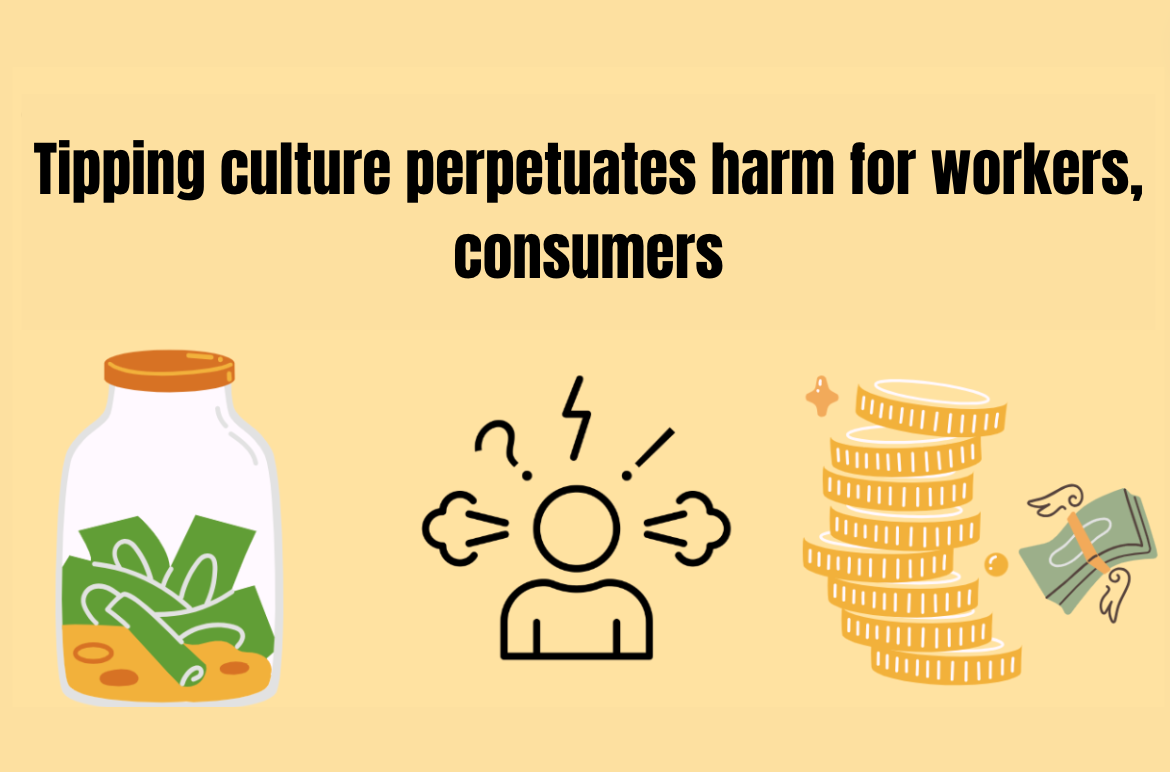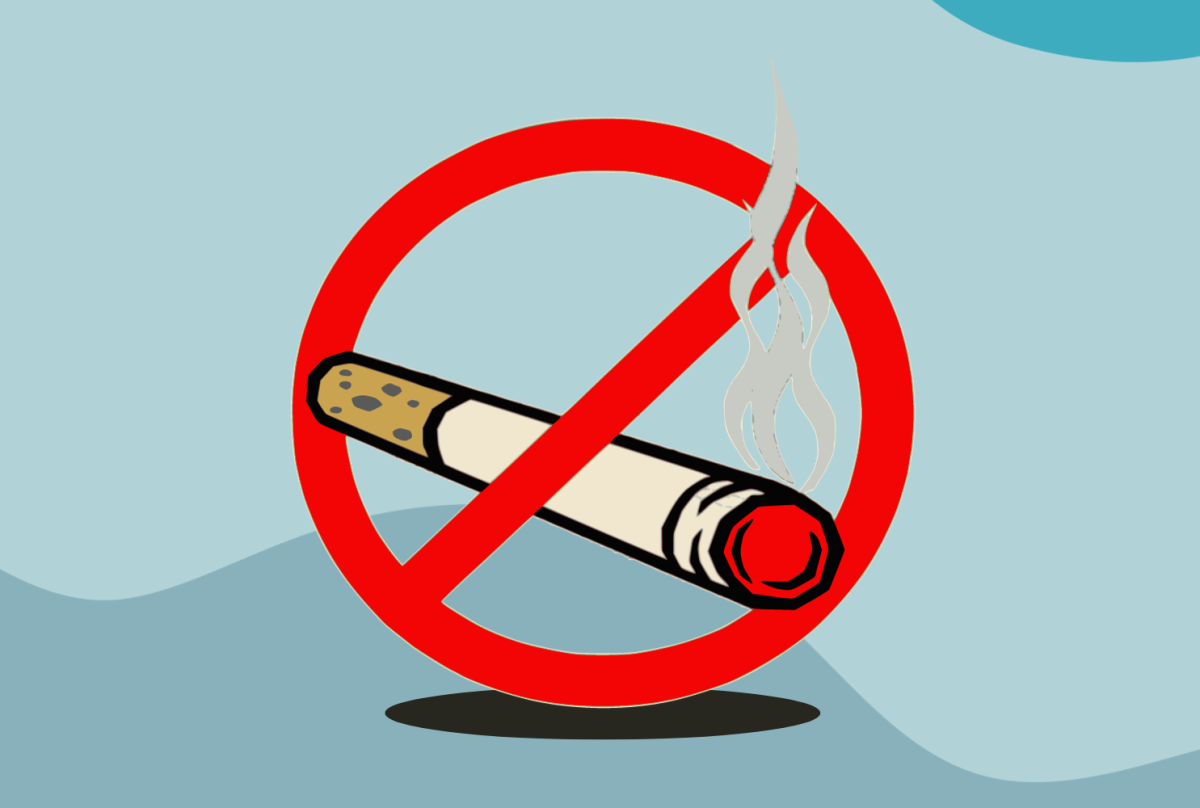I was in New York on September 11, 2001, but I’m not going to say I clearly remember the hysteria of it. I was only 5 years old; I was oblivious as to what was really going on. I know that it was my first day of school and my mother had dropped me off. On her way home she heard a woman screaming that someone had bombed the World Trade Center before seeing the parade of fire trucks streaming downtown.
My first memory of the aftermath of that horrific day was almost two years later, in my first grade classroom. There was a boy named Daniel and we, joking around as kids, asked if we could call him Danny. He said no. Of course, being 6- and 7-year-old kids, we proceeded to call him Danny only for him to break down crying; he was inconsolable. When he finally calmed down and the teacher asked him what was wrong he said, “We used to call my uncle Danny; he was in the Twin Towers when they fell.”
We all stood there silent, unable to fathom what it really meant. In the idealistic, secure world of a first grader how could we possibly comprehend something so terrible, something that had caused so much pain and desolation? Our teacher remained silent too. How do you explain senseless death to a 7-year-old? How do you explain that a group of men wanted to purposefully hurt his uncle and nearly 3,000 people because they figured violence and terror were the only means to spread a message? How do you tell a 7-year-old boy that everything is going to be okay when his innocence was torn to shreds upon realization that there are people out there whose aim in life is to create pain and suffering?
We remember 9/11 for the same reason we respect Armistice Day and we remember the Holocaust. We learn from history and we use these horrific events to improve as a global society. When we admit our despicable mistakes as a human race and work towards making sure it doesn’t happen again, by imprinting the destruction in our minds, it forces us to strive to improve.
Above all we memorialise for those nearly 3,000 innocent people who died on that day. In the hope, however small, that we won’t have to pay respects of this magnitude ever again. In the hope that no first grade teacher will have to explain to a 7-year-old boy why a group of men thought it was okay to blow his uncle and 3,000 other innocents to pieces.







